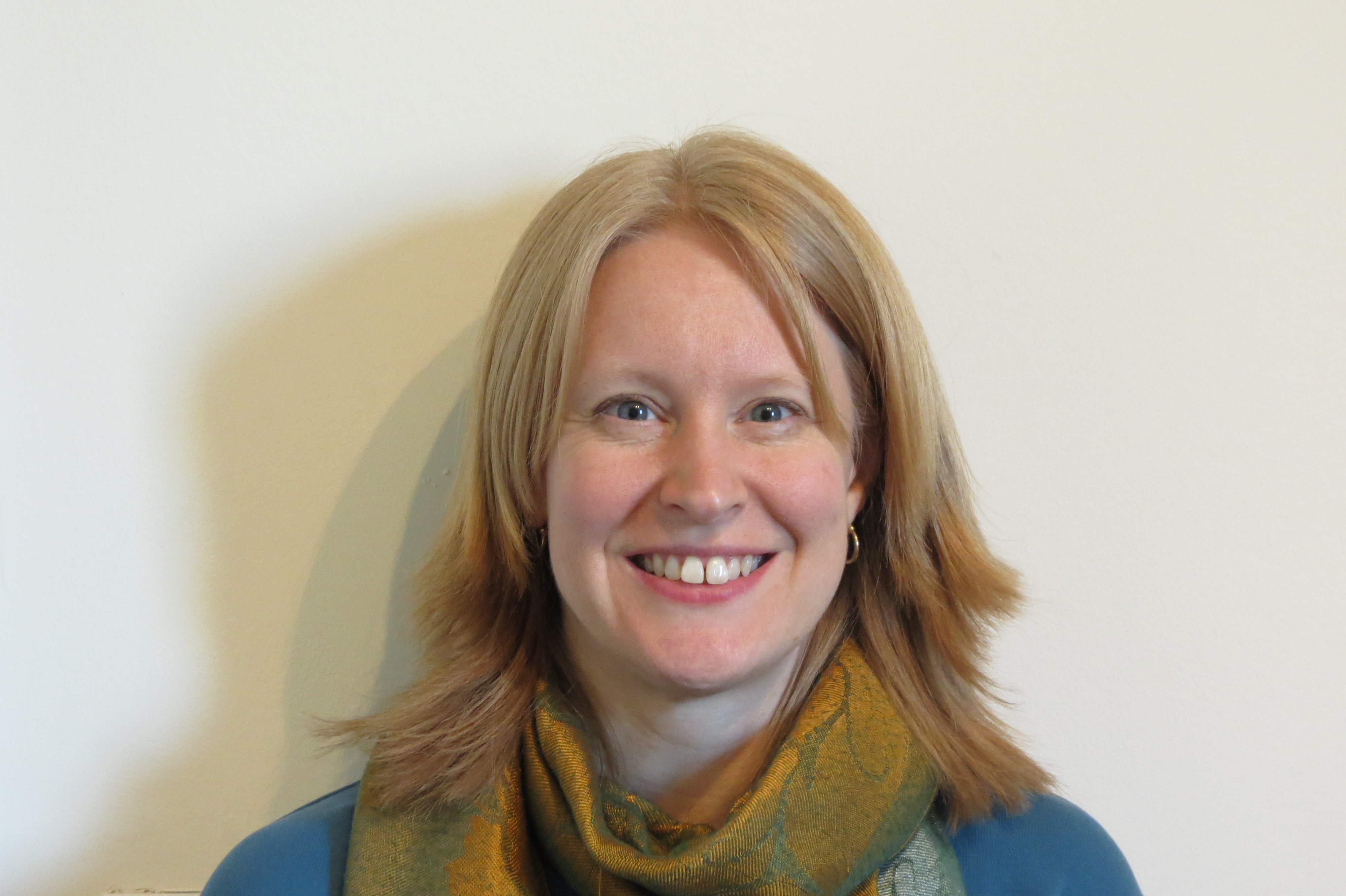When children can’t go to school
Before we know it, summer routines will end and children will return to school. But for more than 500,000 Palestinian children throughout the Middle East, schools may not be able to open in the fall.
It has been five months since the U.S. announced it would be withholding most of its funding from the U.N. agency that provides services to Palestinian refugees. In addition to operating nearly 700 schools, the United Nations Relief and Works Agency (UNRWA) provides food assistance, health care and other services to Palestinian refugees in the West Bank, Gaza, Jordan, Lebanon and Syria.

Lebanon is an MCC country of sensitivity. While this photo has been vetted and may be used without further checking, please consult the MCC content and vetting policy when communicating about countries of sensitivity in general.
A boy (name not used for security reasons) participates in psychosocial activities run by MCC partner Popular Aid for Relief and Development (PARD) in southern Lebanon. PARD has worked for years in Palestinian areas in southern Lebanon and began psychosocial activities to give Syrian and Palestinian refugees tools to address trauma and a chance to express themselves and grow in confidence. Activities are held on Friday mornings at community centers and schools, including this one in Jim Jeem, a Palestinian area in southern Lebanon. Activities are held on Friday mornings during the school year but run for five hours two days per week during spring, summer and winter school vacations.
It is unclear exactly what has led to the freeze, although President Trump tweeted in January that Palestinians give the U.S. “no appreciation or respect” for the aid that they have received. The U.S. has also held up economic assistance for the West Bank and Gaza.
UNRWA has been trying to make up its funding shortfall with contributions from other countries. But it is still far short of what it needs. In March, Rita Hamdan, the director of an organization that serves Palestinians in Lebanon, predicted “catastrophic effects” if UNRWA funds are not restored. Mennonite Central Committee provides support to Hamdan’s organization, Popular Aid for Relief and Development.
“Palestinians,” Hamdan said, “are always [seen as] a political or security entity—not human beings.” The ability of children to go to school or to have enough food to eat should not be a matter of political debate. No one benefits when children are not able to go to school, when people no longer receive emergency food assistance, when communities no longer have health clinics, or when 22,000 teachers lose their jobs.
The prophet Isaiah warned those who take advantage of people in need: “Ah, you who make iniquitous decrees, who write oppressive statutes, to turn aside the needy from justice and to rob the poor of my people of their right, that widows may be your spoil, and that you may make the orphans your prey!” (Isaiah 10:1-2)
Political leaders in the U.S. and in the Middle East should be working to address the dire humanitarian crises throughout the region, not exacerbating them. Please take a moment to ask your members of Congress to restore funding to UNRWA.




